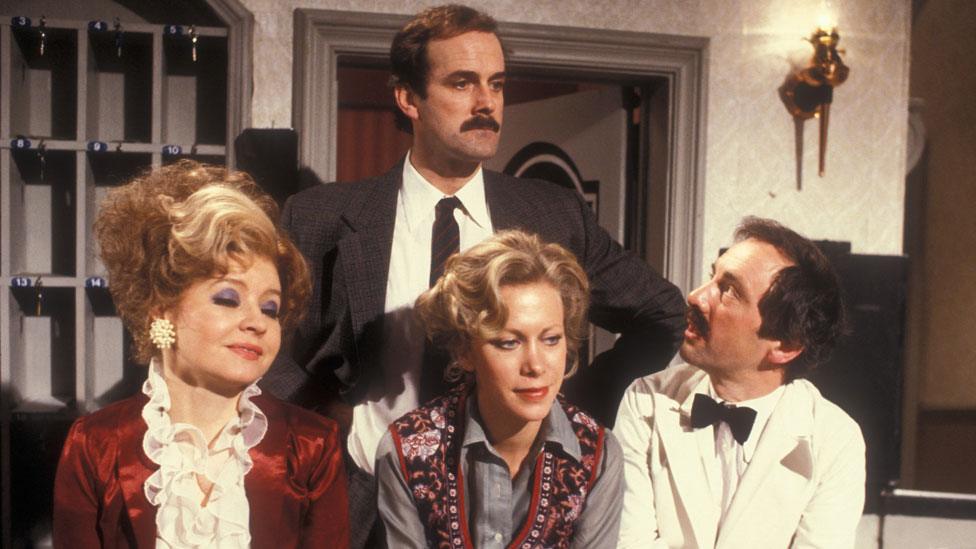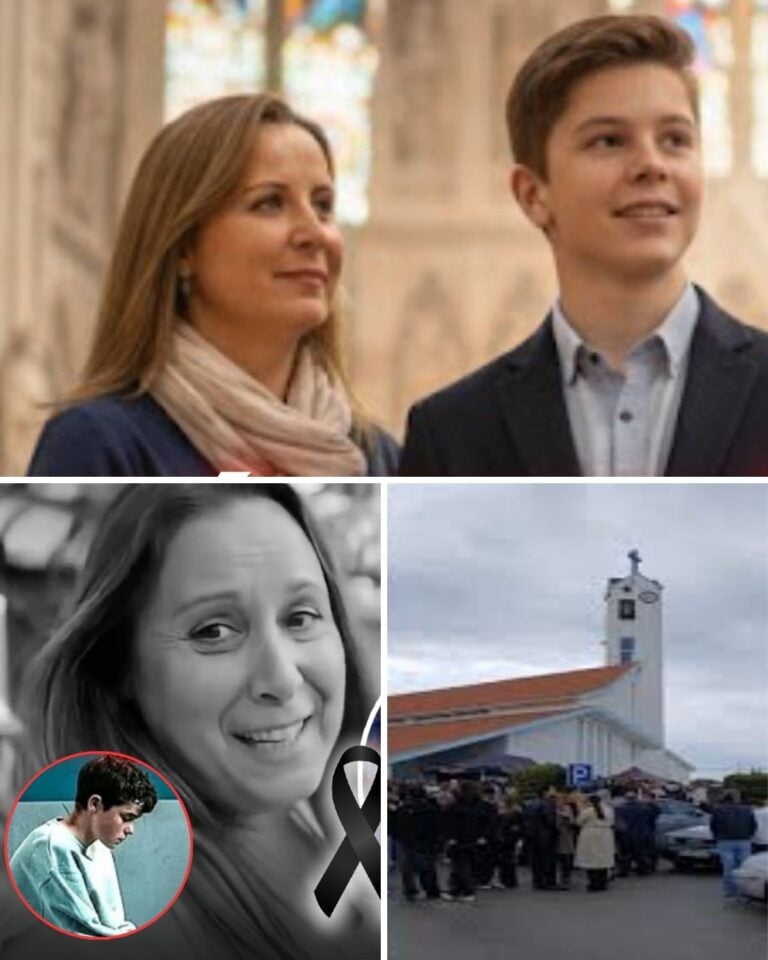50 years later, the Fawlty Towers legend admits: “It doesn’t make me laugh anymore — it just makes me think.”
For decades, fans have hailed Fawlty Towers as one of the greatest comedies ever written — a timeless masterpiece of British wit, chaos, and charm. But now, at 85, John Cleese has confessed something that’s left longtime fans stunned: there’s one episode he refuses to watch.
👉 And it’s not because it’s bad — it’s because it hurts.
The episode in question, “The Germans” (1975), is infamous — and unforgettable. It’s the one where Cleese’s manic hotel owner, Basil Fawlty, spirals into absurdity while trying (and failing) not to offend his German guests. For decades, audiences roared with laughter. But today, Cleese says that episode feels more like a wound than a triumph.
“It was meant to mock ignorance,” Cleese admitted in a recent interview, “but now, it just reminds me how easily humor can be misunderstood.”
🎬 When it first aired, “The Germans” was seen as a daring satire — taking aim at postwar prejudices with Cleese’s trademark absurdity. But over time, shifting cultural standards transformed the episode into a lightning rod for controversy.
What was once seen as biting social commentary is now viewed through a very different lens.
“We were showing how ridiculous bigotry was,” Cleese explained. “But comedy changes with time — and sometimes, when you look back, you see pain where there used to be laughter.”
Behind the scenes, the episode carried emotional weight for Cleese even then. Written with his then-wife and creative partner Connie Booth, “The Germans” was filmed under intense pressure — deadlines, network demands, and growing tension in their marriage. Revisiting it now, Cleese admits, feels like reopening an old wound.
“It’s not just about the jokes,” he said softly. “It’s about what that time in my life was. The exhaustion, the arguments, the feeling that I had to make people laugh no matter how I felt inside.”
Cleese, known for his sharp tongue and refusal to bow to political correctness, isn’t apologizing for Fawlty Towers — but he’s brutally honest about how it feels to watch comedy evolve.
“Humor should provoke thought,” he reflected. “But when the laughter starts to sting, you have to ask — who are we laughing at, and why?”
Half a century later, “The Germans” remains a cultural touchstone — both loved and criticized, hilarious and haunting.
And for John Cleese, it stands as a bittersweet reminder of comedy’s double edge: its power to unite through laughter — and to divide through misunderstanding.
“I can’t unsee it now,” he admitted. “It was never meant to offend — it was meant to expose. But time changes everything. Even a joke.”
💔 For fans, this revelation is as human as it is heartbreaking — proof that even legends wrestle with their own legacies.
Because sometimes, the funniest moments leave the deepest marks.





